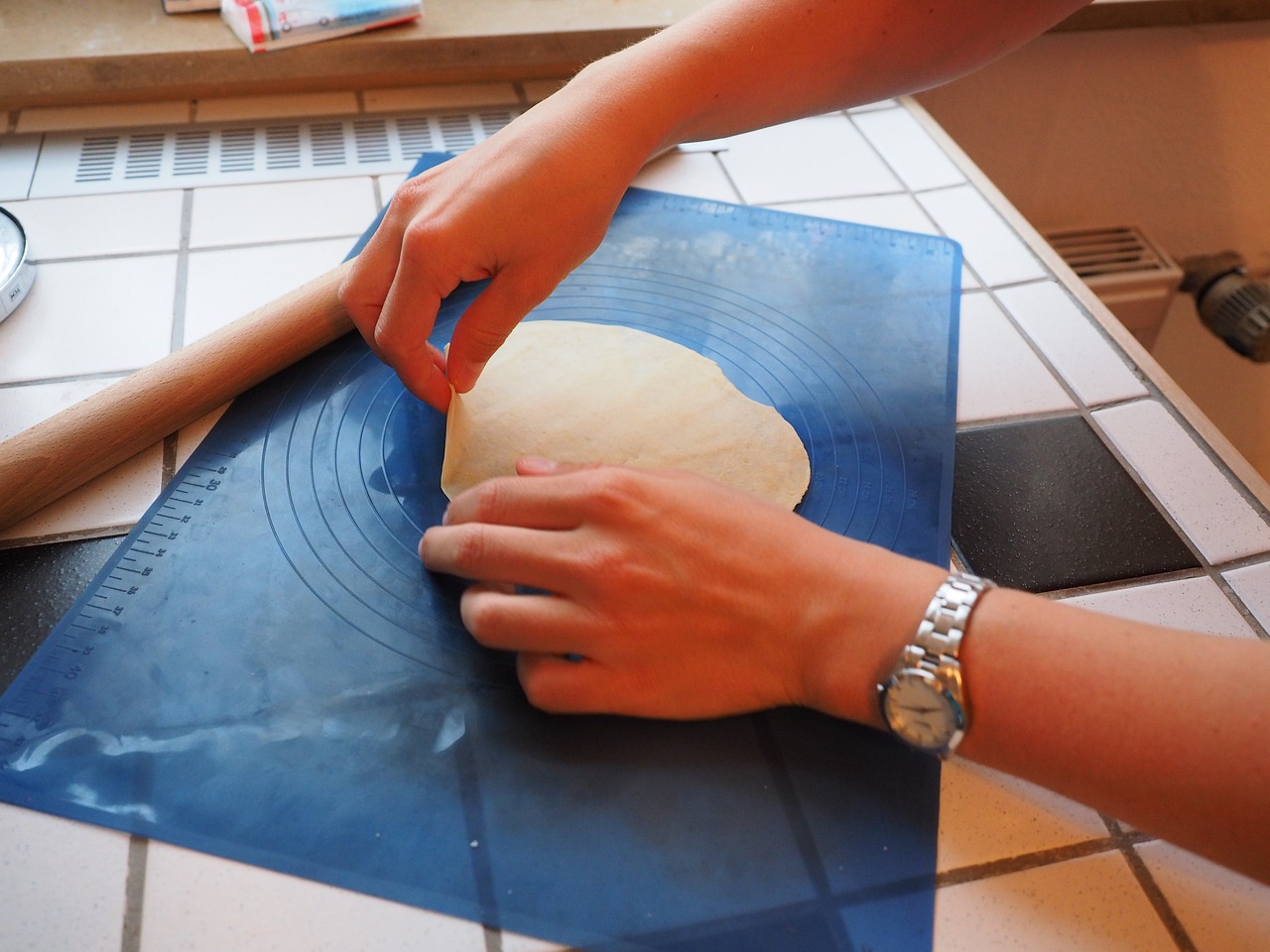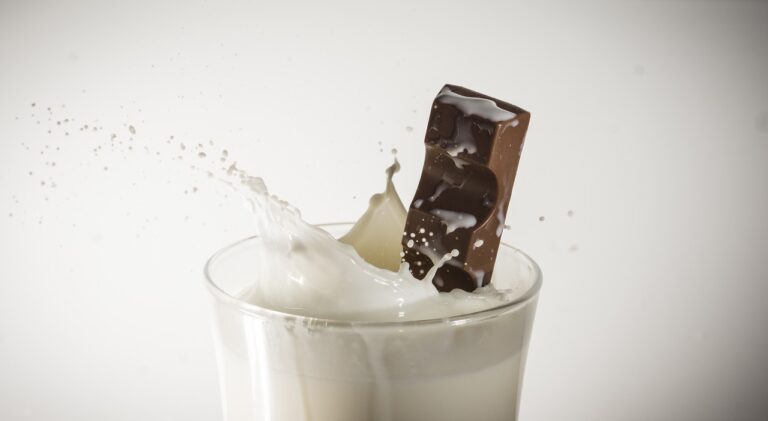The Science of Brain Freeze: Understanding the Physiology of Cold Sensation: All pannel.com, Lotus book 365, Laserbook247
all pannel.com, lotus book 365, laserbook247: Welcome to our blog post on the fascinating topic of brain freeze! In this article, we will delve into the science behind this peculiar sensation and explore the physiology of cold sensation in the brain.
What is Brain Freeze?
We’ve all experienced it at some point – that sudden, sharp pain in our heads when we indulge in something cold too quickly. This phenomenon, commonly known as brain freeze, ice cream headache, or sphenopalatine ganglioneuralgia (try saying that three times fast!), is a type of headache that occurs due to the rapid consumption of cold foods or beverages. But what exactly causes brain freeze, and why does it happen?
Understanding the Physiology of Cold Sensation
To understand why brain freeze occurs, we must first look at how our bodies respond to cold temperatures. When we consume something cold, such as ice cream or a frozen drink, the blood vessels in the roof of our mouth constrict to prevent heat loss. This rapid constriction causes a sudden decrease in blood flow to the brain, triggering a pain response.
The Role of the Trigeminal Nerve
The trigeminal nerve, which is responsible for sensation in the face, mouth, and jaw, plays a significant role in the occurrence of brain freeze. When the blood vessels in the roof of the mouth constrict, the trigeminal nerve sends signals to the brain, leading to the sensation of pain. This response is our body’s way of protecting the brain from extreme cold temperatures.
The Connection Between Brain Freeze and Migraines
Interestingly, some research suggests that individuals who experience frequent episodes of brain freeze may be more prone to migraines. This is because both brain freeze and migraines involve the activation of similar pain pathways in the brain. Understanding the link between these two conditions can provide valuable insights into the mechanisms of pain modulation in the brain.
Tips for Preventing Brain Freeze
While brain freeze is a common occurrence, there are several ways to prevent or alleviate this uncomfortable sensation. One effective method is to consume cold foods and beverages slowly, allowing the blood vessels in the mouth to adjust to the temperature changes gradually. Additionally, drinking water or pressing your tongue against the roof of your mouth can help alleviate the pain associated with brain freeze.
FAQs
Q: How long does brain freeze typically last?
A: Brain freeze usually lasts for a few seconds to a minute, depending on the individual. Drinking warm water or pressing your tongue against the roof of your mouth can help alleviate the sensation more quickly.
Q: Can brain freeze cause any long-term damage to the brain?
A: Brain freeze is typically harmless and does not cause any long-term damage to the brain. However, individuals who experience frequent episodes of brain freeze or migraines may benefit from speaking with a healthcare provider to explore potential treatment options.
In conclusion, brain freeze is a fascinating phenomenon that sheds light on the intricate physiology of cold sensation in the brain. By understanding the mechanisms behind this sensation, we can better appreciate the marvels of the human body. So next time you indulge in a freezing cold treat, remember to savor it slowly to prevent that sudden jolt of brain freeze!







